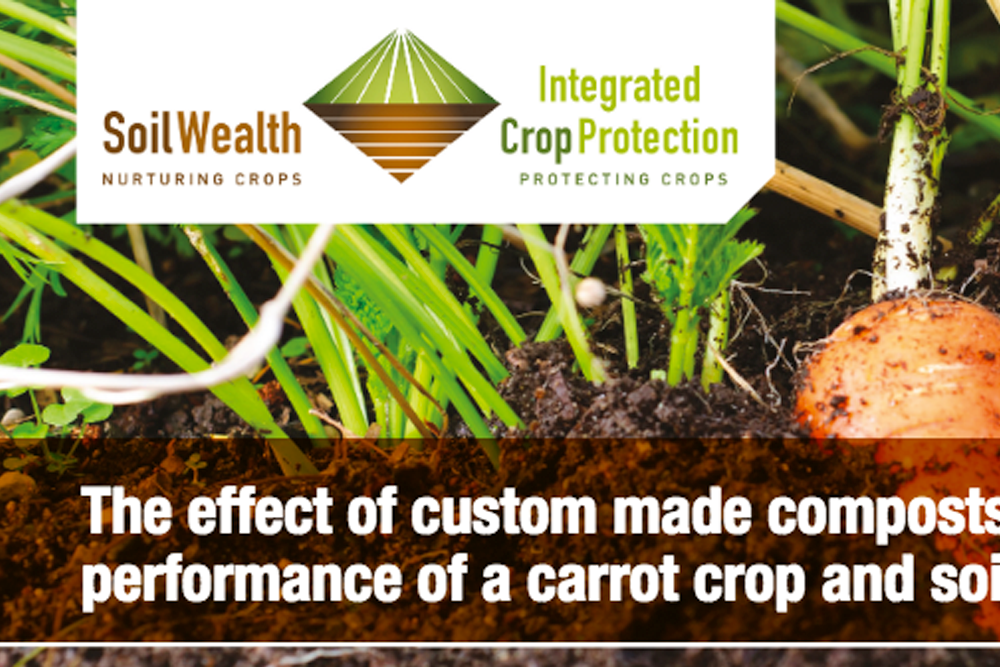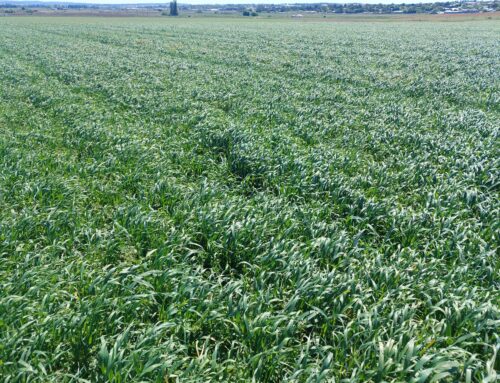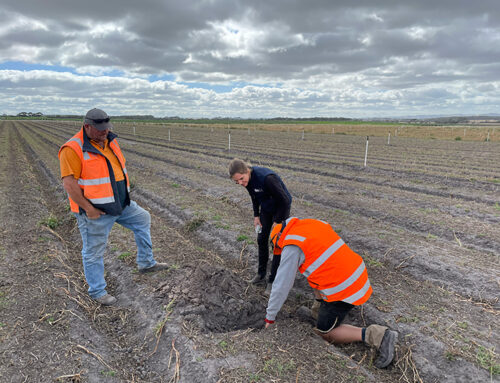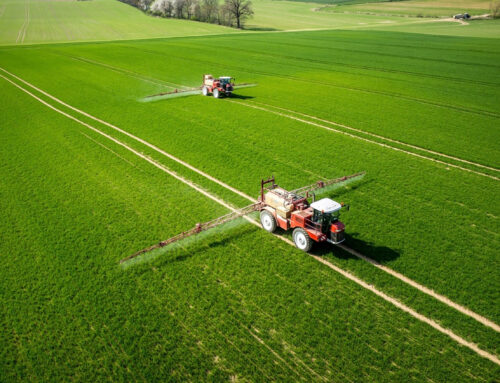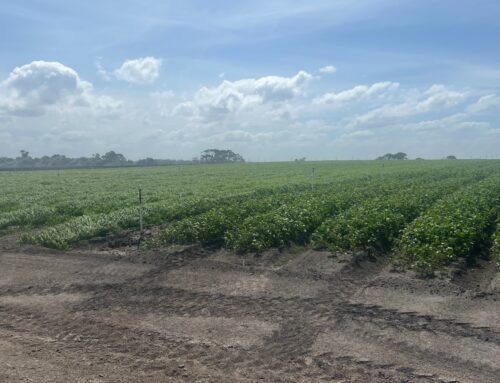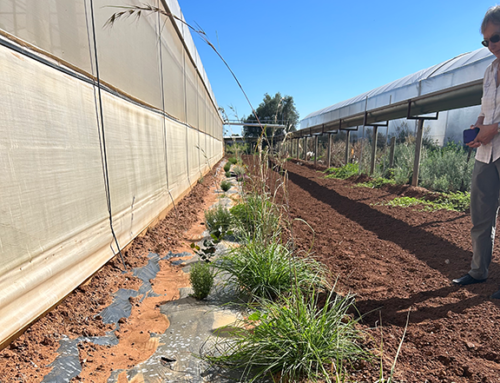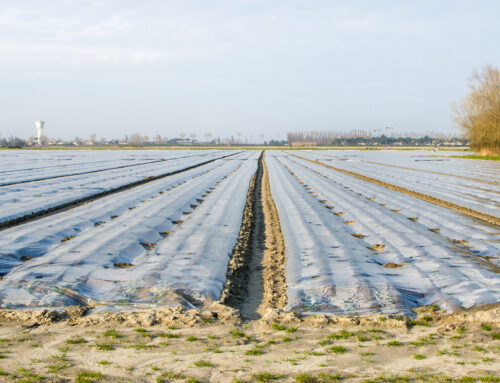Demonstration site report prepared for VG15010 A Multi-faceted approach to soilborne disease management by Francis Tedesco, Center West Exports, Justin Wolfgang, C-Wise, Doris Blaesing, RMCG
A large-scale compost trial was conducted with Center West Export (CWE) and C-Wise in the Gingin area of Western Australia (WA).
The focus was on disease suppression, mainly cavity spot, and maintaining organic carbon and structure in intensively cropped, sandy soils. Fresh organic matter such as manure cannot be used in the Gingin area due to stable fly issues; food safety requirements also mean that fresh manure should not be used just prior to a carrot crop. Any organic amendments must be well composted; they also needed to be of a quality than can be repeatedly produced.
If that was not the case, i.e. compost quality would be variable from batch to batch, the information from this compost trial could not be relevant for other carrot crops on the farm.
Center West Exports provided a 10 ha trial area under solid set irrigation. C-Wise provided two types of compost – “Humicarb Compost” and “Premium Compost”. These were both used at 30 t/ha and 50 t/ha in 2 replicates of 0.5 ha each. Untreated control areas did not receive compost. Both companies put in a considerable effort into setting the trail up and looking after it.
Read the below report to find out more about the methodology, key findings and recommendations from the trial, including an in-depth desktop review of the main Pythium species affecting carrots in Australia identified as P. sulcatum (in most cases) and P. violae (in some cases).

